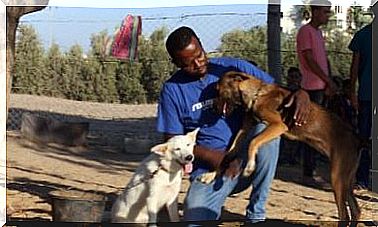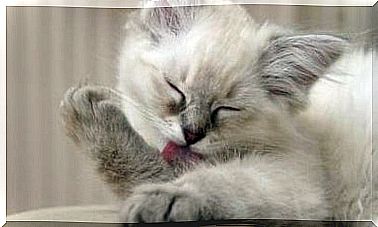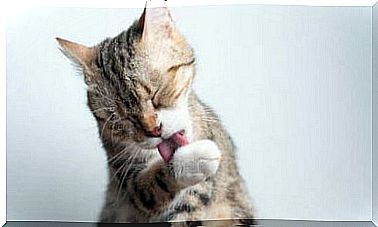Let’s Dispel Some Myths About Cats
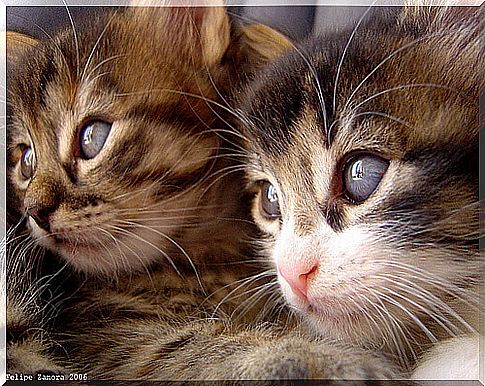
Each of us has an acquaintance who does not like cats. Yet, there are people who develop a real phobia towards these animals, based mainly on myths without great foundations. Let’s see some of them together!
It is true that everyone has the right to express their tastes. What is unfair is to despise an animal or its owners because of one’s preferences. The best remedy for prejudice is information, and that is why today we will dispel some false myths: by doing so we will allow you, at least, to have a more founded opinion.
They abandon their masters at the first opportunity
It is easy to hear about the belief that cats “go away” and abandon their owners. But the veracity of this phenomenon is not linked to a simple desire of the animal, but to something much deeper.
Unlike dogs, cats are more inclined to explore their surroundings independently, and for this reason they often get disoriented and lost, or they are victims of accidents during one of their excursions. So, if your cat hasn’t been home for a day, go find it! He may not have been able to find his way home, or be scared or hurt.
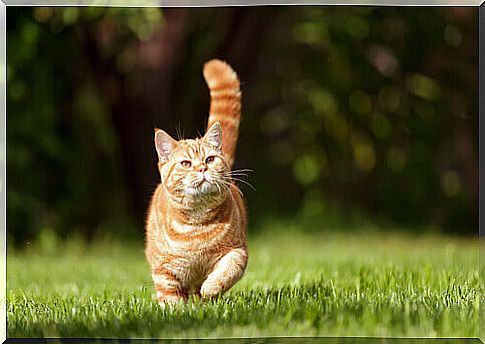
Another reason that leads the cat to go out can be related to the fact that it is not receiving proper nutrition, that the owner is mistreating him or that he has found a better source of nutrition. In any case, one of the main reasons for cat excursions is to forage for food. In fact, if your cat usually brings you the animals he has personally hunted, it means that he does not consider you capable of looking after yourself and is trying to feed you.
They don’t care if their master comes back or leaves
This is not entirely correct. Although it is true that cats do not pay too much attention to their owner’s habits of going out and back into the house, they are aware of it, and sometimes they go out to greet him. It often happens that the cat greets his owner upon returning home from a hike by rubbing his body against him, meowing or even licking him.
Cats have been shown to recognize their owner’s voice and react to it by moving their ears or muzzle; however, not being totally dependent on us as dogs are, it is easy to fall into the error of interpreting their way of showing affection as a form of disinterest.
They are not affectionate
One of the most common myths about cats is that they are not loving pets. Quite the opposite! Cats can be extremely loving, just know that their way of showing affection is a little different.
For example, cats usually rest in places where you spend time sitting or lying down, such as your bed or your favorite chair. This is due to the fact that those places are impregnated with your scent, and your cat will feel safe and heartened by this scent.
They take great advantage of their master’s company, but only if they feel that their spaces are respected. The cat will seek affection as often as it wishes, and will give it when it deems it necessary. Understanding felines’ need for space and affection is essential to build good relationships with them.
Another way of showing affection on the part of cats is to wash their owner, that is, by licking him. When a cat licks you, it means that he considers you on the same level as his own, that he respects and appreciates you: a cat would never have a similar type of contact with an animal that he does not consider his equal.
At the same time, a feline that lets itself be touched or that falls asleep next to you is a feline that is showing you trust. Otherwise it would not allow you to touch it, it would keep its distance and it would always be on the alert.
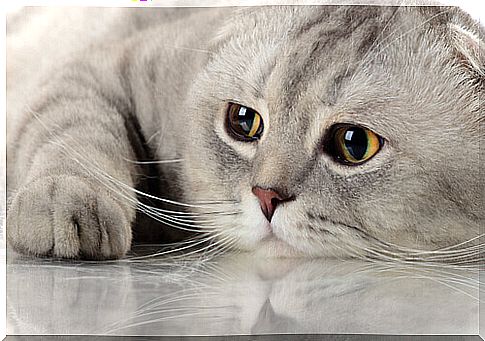
They bite and are aggressive
The tendency of cats to bite is due to various factors, not always related to aggression. For example, a bite can mean domination: the cat is trying to prove its superiority over you or over other animals that it considers equal or inferior to it on a hierarchical basis.
There are also so-called “affection bites”, especially while you are stroking or playing with him. This phenomenon is due to the fact that their system is over-stimulated, just as it happens towards other cats during play or mating.
Another reason that leads cats to bite is to signal that they do not want other caresses: the cat will tell you when it wants to be pampered, as well as it will indicate, precisely with the bites, the duration of these sessions.
What do you think of these myths about cats? Surely now you think differently!
Image courtesy of Felipe Zamora.


